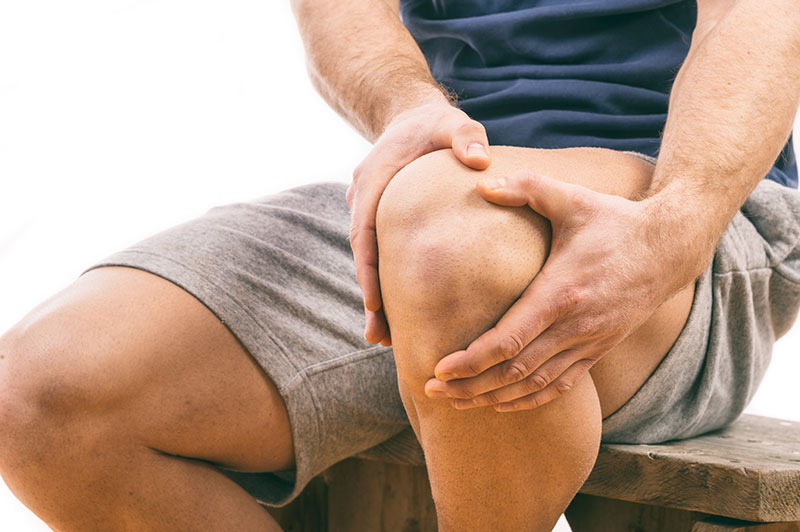Joint & Musculoskeletal Pain
 Joint Pain is a very common problem that can be caused by many conditions, but in most cases, it is the result of an injury or arthritis.
Joint Pain is a very common problem that can be caused by many conditions, but in most cases, it is the result of an injury or arthritis.
Arthritis is a disease of old age and can affect any of the bones of the body. It causes the junction between two bones to become worn and typically can cause:
- Pain
- Stiffness
- Swelling
The knee joint is the most commonly affected joint in the body. However, it can affect the hip, spine and bones in the hands as well. The painful joint(s) can vary in nature from a mild ache to severe pain that can restrict the movement of the body.
At first, a full assessment needs to be ascertained followed by a thorough examination elucidating possible causes of the joint pain. In addition to the causes mentioned above, the painful joint(s) could be part of a wider medical condition.
Depending on the nature and location of your painful joint(s), it may be necessary to undergo further investigations to determine the cause. These can be done at the London Pain Clinic. For a comprehensive picture one or more of the following may be carried out:
- Blood tests
- X ray
- Ultrasound
- MRI scan
On completion of your investigations, your consultant would develop a tailored treatment plan based on the results.
Treatment options
The nature of the problem is key to the treatment of such conditions. However, depending on the cause possible treatment options might include.
– Rest and recuperation – Sometimes it’s necessary to rest the affected area. Some simple relaxation, possibly with the addition of an ice -pack, will help improve symptoms. This technique is sometimes useful in cases of inflammation as well as traumatic conditions. This can be discussed with your consultant.
– Medication – If necessary, certain causes of joint pain may require medication management. These may include simple analgesics such as paracetamol, or something a little stronger like non-steroidal, anti-inflammatories. These medications can be used when there has been some bruising or possibly when there is damage to the lining of the joint.
In other circumstances, other types of medications may be necessary to help reduce the pain in a number of joints. This can be discussed further as required.
Stronger painkillers such as Tramadol or even opiates may be necessary, depending on the severity of the pain. These, however, will be prescribed for a short period and are not beneficial in the long term.
– Injection therapy – Sometimes an injection(s) into the joint may help the pain. These can be done at the London Pain Clinic to help with the pain experienced. They are usually performed with image guidance under local anaesthetic and can consist of the following:
Steroid
This has been shown to reduce pain and inflammation in ‘worn out’ joints and can be administered at the London Pain Clinic with local anaesthetic, under ultrasound guidance. The risks and benefits of the procedure would be fully discussed with you in advance.
Hyaluronic acid
This will help to replace the ‘lubricant’ that sometimes is absent is severe cases of arthritis. It is injected with the use of an ultrasound machine and has been shown to improve the pain experienced. Please contact our team to discuss this further.
Platelet rich plasma (PRP)
By a process of centrifugation, we are able to inject your own blood into the painful joint and improve the pain experienced. The solution, which is mainly plasma, has regenerative properties and can help to reconstruct the normal architecture of the joint. This may help improve the symptoms felt and can be discussed further with you if necessary.
– Physical rehabilitation therapy
This may well be the cornerstone of your treatment plan as exercise and muscle strengthening programmes have been shown to improve pain symptoms in certain conditions. A patient specific programme will be developed by our specialist physiotherapists to ensure that your rehabilitation IS efficient and appropriate to your condition.
